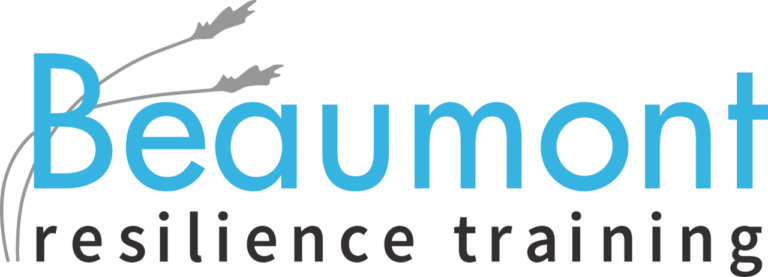
Throughout life and work, we encounter a diverse array of individuals, each with their own unique perspectives, personalities, and behaviours. While most interactions are harmonious, there are times when we come across difficult people who test our patience, push our buttons, and challenge our emotional stability. Dealing with such individuals can be a daunting task, but it’s a skill worth mastering. One effective approach is to engage in Resilience training, a process that equips us with the mental tools to navigate these challenges with grace and composure.
Understanding Difficult People
Difficult people can manifest in various forms: the perpetually negative co-worker, the overly critical family member, the passive-aggressive friend, or the demanding client. These interactions can be emotionally draining, leaving us feeling frustrated, anxious, or even defeated. The key to effectively dealing with such situations lies in understanding the underlying reasons for their behaviour.
Difficult people often have their own insecurities, fears, or past traumas that influence their actions. Recognising this human aspect behind their behaviour can foster empathy and make it easier to respond with patience. Remember, their actions are a reflection of them, not you.
Resilience Training: Building Emotional Armour
Resilience, often described as the ability to bounce back from adversity, is a valuable trait to develop when it comes to handling difficult people. Resilience training is a structured approach that empowers individuals to adapt, grow, and maintain their emotional well-being in the face of challenging situations.
One of the fundamental aspects of Resilience training is emotional regulation. It teaches us to recognise our own emotions, acknowledge them without judgement, and then choose how to respond. By practicing this skill, we can prevent difficult people from negatively affecting our own emotional state. Instead of reacting impulsively, we can respond thoughtfully, maintaining control over our own feelings.
Effective Strategies for Dealing with Difficult People
Resilience training offers a toolbox of strategies to navigate interactions with difficult individuals:
Stay Calm and Centred: When faced with provocation, take a deep breath and give yourself a moment to respond rationally. By remaining calm, you prevent the situation from escalating.
Set Boundaries: Clearly define your personal boundaries and communicate them assertively. This lets the other person know what behaviour is unacceptable while maintaining your dignity. (You can watch a short video on Assertiveness here)
Active Listening: Give the person your full attention and listen actively to their concerns. Sometimes, difficult behaviour is a result of feeling unheard or misunderstood.
Empathise: Try to understand the underlying emotions driving their behaviour. By showing empathy, you can create a bridge of understanding and potentially defuse the situation.
Focus on Solutions, Not Blame: Instead of dwelling on who’s at fault, shift the conversation toward finding solutions. This approach can redirect negative energy toward a productive outcome.
Practice Self-Care: Engage in activities that rejuvenate your mind and body. Whether it’s exercise, meditation, or spending time with loved ones, self-care bolsters your emotional Resilience.
The Benefits of Resilience Training
Resilience training is not only about dealing with difficult people; it’s a life skill that enhances overall well-being. By mastering Resilience, you’re better equipped to handle any curveballs that life throws your way. This training instils a sense of confidence, allowing you to face challenges head-on without being consumed by negative emotions.
Incorporating Resilience training into your life is like building a strong foundation for your emotional architecture. It not only helps you manage interactions with difficult individuals but also empowers you to approach life with a more positive and proactive attitude.
In conclusion, difficult people are an inevitable part of our journey, but they don’t have to define our experiences. By embracing Resilience training, we can cultivate emotional Resilience, gain a deeper understanding of others, and enhance our ability to navigate challenging situations with grace and self-assuredness. As we continue to grow and evolve, let’s remember that our encounters with difficult people are opportunities for personal growth and learning.
For a comprehensive and personalised resilience training experience, I recommend checking out Beaumont Resilience Training. Their expert programs are designed to equip you with the skills you need to navigate life’s challenges with Resilience and strength.
